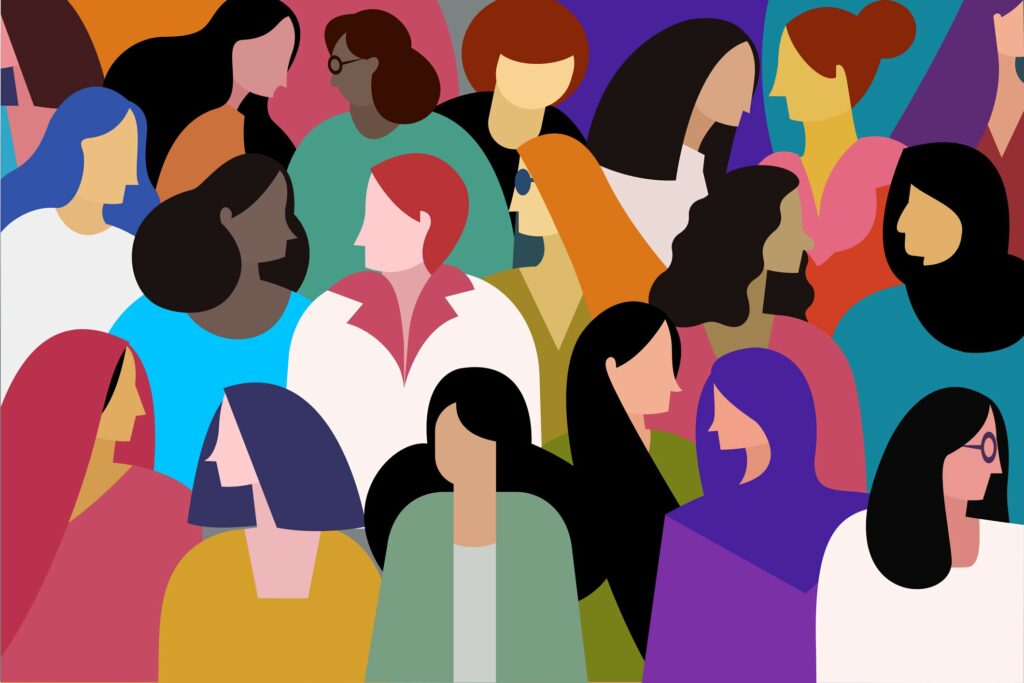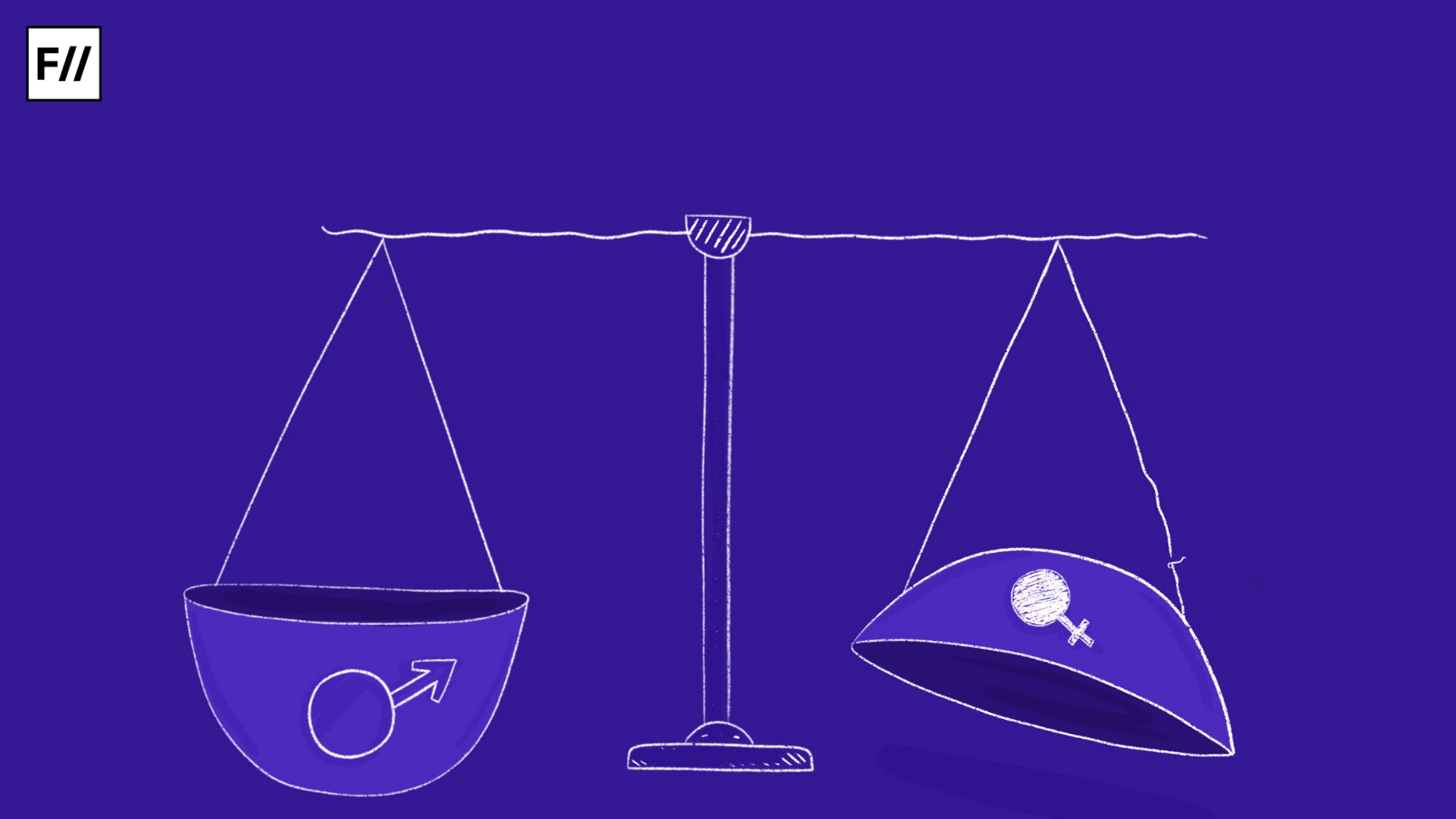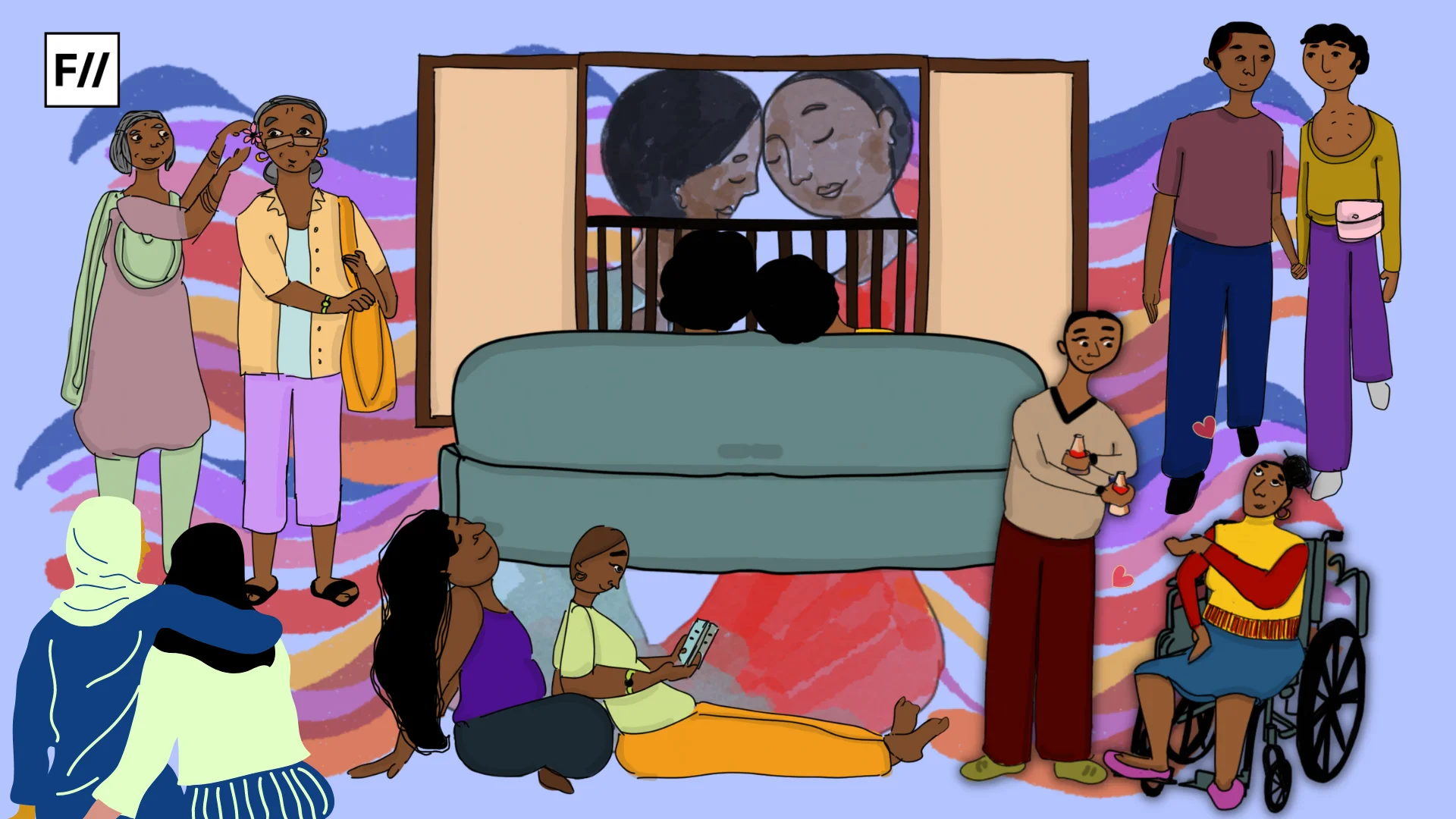A recent groundbreaking global study indicates that gender inequality can negatively affect women’s brain development, potentially leading to increased susceptibility to mental health issues and lower academic achievement. The researchers examined differences in brain cortex thickness and surface area, as well as hippocampus volume between men and women. Furthermore, they devised a gender-equality metric for each country based on global gender inequality indices.
The finding of the study suggests that in countries or regions with high gender inequality, women are more likely to show altered brain development. This may then influence various cognitive functions and increase the vulnerability of women to mental health disorders and lower academic achievements. It is crucial to note that this does not reflect any inherent gender-based differences in cognitive capacity but rather shows how social structures and societal expectations can influence biological development.
The finding of the study suggests that in countries or regions with high gender inequality, women are more likely to show altered brain development. This may then influence various cognitive functions and increase the vulnerability of women to mental health disorders and lower academic achievements. It is crucial to note that this does not reflect any inherent gender-based differences in cognitive capacity but rather shows how social structures and societal expectations can influence biological development. The study is a significant step forward in understanding the far-reaching implications of gender inequality on individual and societal levels.

Gender inequality, a deeply entrenched issue that societies have grappled with over centuries, extends beyond mere physical differences, pervading the psychological realm. It moulds brain development and affects cognitive abilities. The effects of this pervasive inequality on women’s neurological development and mental health have gained increasing attention within neuroscience and social psychology.
While gender inequality undoubtedly influences women’s socio-economic, political, and social experiences, its effects reach even further. It infiltrates basic physiological processes, including brain development, emphasising the need for a more profound exploration of gender inequality’s role in women’s neurological growth. Referring to the findings from various studies, this article delves into the role societal norms, stereotypes, and discriminatory practices play in influencing women’s neurological development. It further uncovers how these factors contribute to shaping their cognitive abilities, mental health, and overall well-being.
Despite its global presence, gender inequality is frequently studied only within socio-economic, political, and cultural contexts. Nevertheless, current research indicates that such societal disparities can potentially impact physiological processes like brain development. This article intends to fill this gap by probing into how gender inequality can affect women’s neurological growth.

Gender inequality, a widespread problem, has ramifications on many societal aspects, including personal development and well-being. This assessment aims to scrutinise gender inequality’s influence on the neurological development of women.
“A woman is human. She is not better, wiser, stronger, more intelligent, more creative, or more responsible than a man. Likewise, she is never less,” said Vera Nazarian, the Armenian-Russian American writer, encapsulating the idea of gender equality through her words. At a biological level, there is a general agreement that men’s and women’s brains are fundamentally similar. However, cultural stereotypes, reinforced over time, play a role in creating perceived differences. Women are often typecast into the roles of emotional caregivers, while men are painted as logical decision-makers. These societal expectations may subtly push women and men towards developing skills that align with these roles, thereby creating a false narrative of innate differences.
G.D. Anderson, an advocate for women’s rights said “Feminism isn’t about making women stronger. Women are already strong. It’s about changing the way the world perceives that strength,” and this touches upon the transformative power of perception. The misconception that women are weaker isn’t rooted in physical strength alone but extends to intellectual and emotional strength. These skewed perceptions can impact the development of self-esteem and self-efficacy in women, influencing their cognitive abilities and decision-making capacities. Consequently, the persistent undermining of women’s abilities can affect their mental health, leading to stress, anxiety, and even depression.

Similar is the case with women’s autonomy. The lack of control over their lives and choices is one of the critical areas where gender inequality manifests. This sense of powerlessness and the perpetual state of stress associated with it can potentially alter the neural pathways in women’s brains. This chronic stress exposure can lead to a greater risk of mental health disorders and cognitive impairments.
Former UN Secretary-General Kofi Annan has said that gender equality has significant societal implications. It’s noteworthy to realise that gender inequality isn’t just a social issue—it’s a health issue as well. An environment that perpetuates gender inequality can shape a woman’s brain development and mental health adversely. Therefore, promoting gender equality will not only facilitate healthier brain development in women but will also contribute to a healthier society at large.
Former UN Secretary-General Kofi Annan has said that gender equality has significant societal implications. It’s noteworthy to realise that gender inequality isn’t just a social issue—it’s a health issue as well. An environment that perpetuates gender inequality can shape a woman’s brain development and mental health adversely. Therefore, promoting gender equality will not only facilitate healthier brain development in women but will also contribute to a healthier society at large.
Gender inequality is also linked to restricted access to education and opportunities for women. Limited access to quality education can hinder cognitive development, impair critical thinking skills, and restrict intellectual growth. Consequently, gender inequality can have long-lasting effects on women’s brain development, limiting their potential and perpetuating societal disparities.

The influence of stereotypes and gender biases on women’s brain development is also a serious concern. Social conditioning and cultural expectations often lead to the internalisation of gendered stereotypes, which can impact self-perception and cognitive functioning. The internalisation of negative stereotypes can undermine women’s confidence, create self-doubt, and impede cognitive abilities, affecting their overall brain development and well-being.
The persistent gender pay gap and unequal distribution of resources can also lead to chronic stress, which has detrimental effects on the brain. Chronic stress alters brain chemistry, impairs cognitive functions such as memory and attention, and increases the risk of mental health issues. Therefore, gender inequality not only affects women’s social and economic status but also has significant implications for their brain development.
Dr. Amanda Lee mentions that “Unequal power dynamics and gender-based violence have traumatic effects on women’s brain structure and function“. This underscores the impact of unequal power dynamics and gender-based violence on women’s brain structure and function. Experiencing trauma, such as domestic violence or sexual assault, can lead to changes in brain structure and alter neural pathways. These changes may affect memory, emotional regulation, and cognitive processing, ultimately influencing women’s brain development and mental well-being.

Limited access to education and opportunities, stereotypes and biases, the gender pay gap, and experiences of violence all contribute to disparities in cognitive abilities, mental health, and overall brain structure and function. Addressing gender inequality is crucial for fostering equal opportunities, promoting women’s well-being, and enabling optimal brain development for all individuals, regardless of their gender.
The current body of research is only beginning to uncover the profound impacts of gender inequality on women’s brain development. It’s clear, however, that societal stereotypes and the limitations imposed by gender roles can significantly influence cognitive development and mental health. Recognising this crucial intersection between neuroscience and social justice can pave the way for inclusive policies
and practices that empower women, ensuring healthier cognitive development and overall well-being.
Lastly, addressing gender inequality is crucial not only because of its potential effects on brain development but also because it is a matter of basic human rights. Ensuring equal opportunities and rights for everyone, regardless of gender, should be an aim for all societies.
About the author(s)
Surbhi Kumari is a journalist who hails from Bihar. An egalitarian, she is passionate about writing on social issues especially related to women. She is currently working for women farmers at SumArth in Bihar.





Gender wage gap is a myth. If a boss can get away with paying a woman less than a man for the same amount of work, why doesn’t everyone just hire women and save money? The truth is, women work less hours than men, take more holidays, take easier courses in college, take up professions such as teaching and nursing and then compare their pay with men in law and engineering.